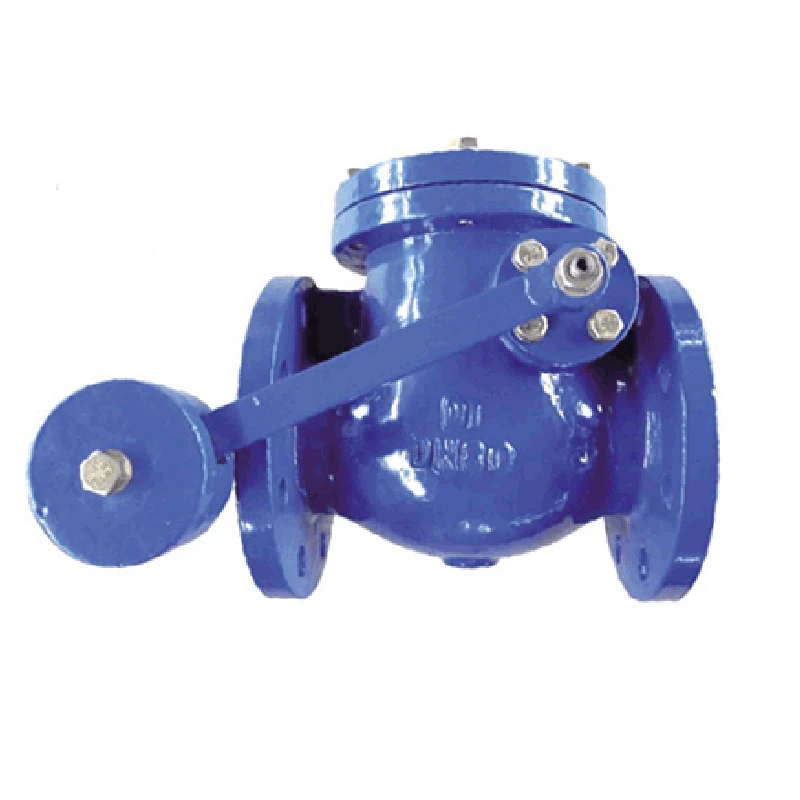Novemba . 30, 2024 22:11 Back to list
industrial ball valve
The Importance of Industrial Ball Valves in Modern Engineering
In the realm of industrial applications, valves play a crucial role in controlling the flow of fluids and gases. Among the various types of valves available, the industrial ball valve stands out for its efficiency, simplicity, and versatility. This article delves into the features, advantages, and applications of industrial ball valves, highlighting their importance in modern engineering.
What is a Ball Valve?
A ball valve is a type of quarter-turn valve that uses a hollow, perforated sphere (the ball) to control the flow of fluid. When the ball's hole is aligned with the flow direction, fluid can pass through; when it is perpendicular, the flow is blocked. This straightforward mechanism is what makes the ball valve both reliable and easy to operate. Typically, these valves are constructed from various materials, including stainless steel, brass, and plastic, to suit different environments and purposes.
Key Features of Industrial Ball Valves
One of the defining features of industrial ball valves is their ability to provide tight sealing, which minimizes leaks and ensures safety in the handling of hazardous materials. They come with different sealing options, such as soft seals for lower pressure applications and metal-to-metal seals for high-temperature or high-pressure conditions.
Ball valves also offer rapid operation. The quarter-turn design allows for swift opening and closing, making them ideal for applications where timely control is essential. Additionally, their compact design and lightweight construction facilitate easy installation and maintenance, which can significantly reduce downtime and labor costs in industrial settings.
Advantages of Using Ball Valves
1. Durability and Longevity Industrial ball valves are designed to withstand harsh conditions, including high pressures and extreme temperatures. Their robust construction ensures they remain operational even under challenging circumstances, drastically reducing the need for replacements.
industrial ball valve

2. Low Resistance to Flow The spherical shape of the ball allows for unobstructed fluid flow, which minimizes the pressure drop across the valve. This characteristic is particularly beneficial in systems requiring high flow rates.
3. Versatility Ball valves can be used in various applications across different industries, including oil and gas, water treatment, chemical processing, and HVAC systems. Their adaptability makes them a preferred choice among engineers.
4. Maintenance-Free With fewer moving parts compared to other valve types, ball valves require minimal maintenance. This feature not only saves time but also helps in minimizing operational costs.
5. Operational Safety Many industrial ball valves come equipped with features such as locking mechanisms and automatic shut-off capabilities, enhancing safety in environments where hazardous materials are handled.
Applications of Industrial Ball Valves
Industrial ball valves are used in a plethora of applications. In the oil and gas industry, they regulate the flow of crude oil and natural gas, ensuring safe and efficient operation. In water treatment facilities, ball valves control the flow of water through various stages of purification, while in chemical manufacturing plants, they manage the flow of corrosive substances.
Other significant applications include HVAC systems, where ball valves are used for regulating temperature and flow in heating and cooling systems. Their ability to handle high flow rates makes them an excellent choice for firefighting systems as well.
Conclusion
In conclusion, industrial ball valves are indispensable components in engineering and industrial sectors. Their durability, efficiency, and ease of use make them a preferred choice for fluid control across a multitude of applications. As industries continue to evolve and demand more reliable and efficient solutions, the role of industrial ball valves will undoubtedly expand, reinforcing their importance in modern engineering practices. Therefore, investing in high-quality ball valves is not just a practical decision but also a critical step towards enhancing operational efficiency and safety in diverse industrial environments.
Share
-
Y Strainers: Protecting Your Pipes with PrecisionNewsAug.27,2025
-
Wafer Type Butterfly Valves: Reliable Flow Control SolutionsNewsAug.27,2025
-
Wafer Type Butterfly Valves: Essential Components for Efficient Flow ControlNewsAug.27,2025
-
Reliable Flow Control with High-Quality Check ValvesNewsAug.27,2025
-
Reliable Flow Control with Gate ValvesNewsAug.27,2025
-
Innovative Check Valves for Reliable Flow ControlNewsAug.27,2025


